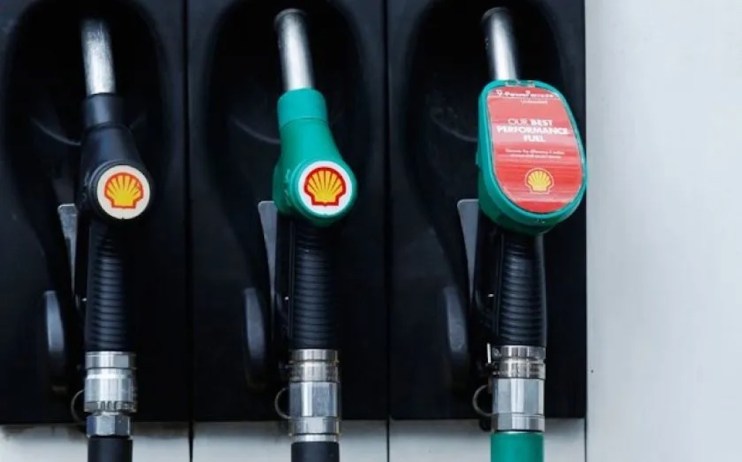Inflation: UK producer prices slow as petrol prices drop below 150p

The UK’s inflationary peak appears to show signs of levelling off, according to data released by the Office for National Statistics.
Rises in the price of goods bought and sold by UK manufacturers including materials and fuels used to make staple items slowed last month, according to the ONS’ latest update to Producer Price Index (PPI).
Producer input prices increased 16.5 per cent in the year to December 2022, down from 18 per cent in the year to November, and 20.2 per cent in the year to October.
Meanwhile, producer output (factory gate) prices rose by 14.7 per cent in the year to December 2022, down from 16.2 per cent in the year to November and down from 17.5 per cent in the year to October 2022.
Inputs such as parts, equipment, and petroleum products provided the heaviest downward contributions to the change in the annual rates of input and output inflation, respectively.
Petrol prices have eased below 150p per litre in recent weeks, reflecting a lower cost of fuel.
On a monthly basis, input prices decreased by 1.1 per cent and output prices decreased by 0.8 per cent in December 2022.
Services producer prices rose 5.2 per cent in the year to the fourth quarter of last year, down from a record high of 6.2 per cent in the year to the third quarter.
The ONS also confirmed that PPI weights for 2021 and 2022 have been corrected, which has resulted in a small number of revisions within previously published data back to January 2021.
However, the revisions to annual growth rates are less than 0.1 percentage point in many periods.
The organisation identified an error in the 2022 weights where the price index for diesel fuel had not been correctly weighted within PPI for the whole of 2022.
A PPI correction notice was published after the October release, detailing revisions made to PPI data for January to October 2022.
A further review was conducted of the data mapping systems used to align all data sources to the PPI.
This exposed further, smaller errors in the PPI weights for both 2021 and 2022.
The PPI was subsequently suspended to allow for a full investigation and quality assurance of the production process to take place.
This quality assurance has now been completed and data source checks have been extended to ensure that all data is aligned correctly and fully audited at the time of use in calculating PPI weights.
The errors identified in aligning the data sources to PPI for the purpose of calculating index weights affected five product groups within input and output PPI.
This included products of agriculture, printing and reproduction services, fabricated metal products, repair and installation services of machinery and equipment and other transport equipment.
